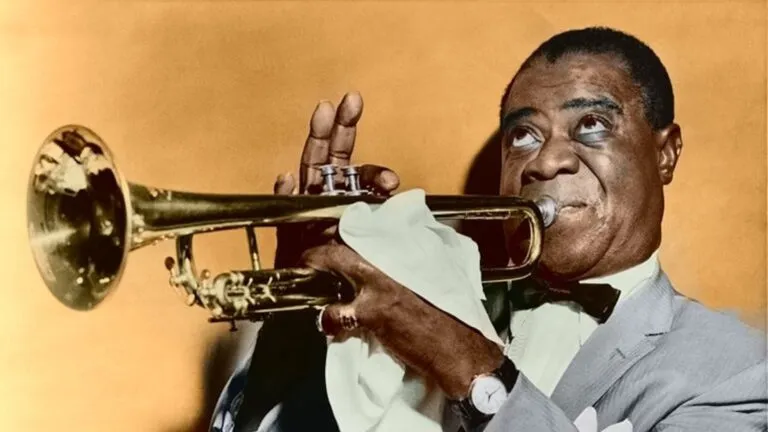Amazing Grace, the faith-based Broadway musical based on the true story behind the famous Sunday morning hymn, premiered at the Nederlander Theater last week.
The show, which stars Josh Young, Erin Mackey and Tony Award-winner Chuck Cooper, tackles the journey of John Newton, a slave trader who found God and subsequently his calling in life.
“John Newton represents what any of us could become and how God can change a life that is surrendered to Him,” War Room director and premiere attendee Alex Kendrick told Guideposts.org on the red carpet.
In the musical, change comes for Newtown when this spoiled alcoholic son of a slave trader finds himself dumped on the coast of Africa and in the hands of a slave owner. After wasting his musical talents at home, and shunning the love of his childhood friend Mary, Newton is himself in chains. He eventually persuades his captors to let him help further the progress of their slave trading business.
READ MORE: ‘BATKID BEGINS’ IS THE SUPERHERO FILM YOU NEED TO SEE
It’s only when his estranged father comes to rescue him that John is able to find the faith he turned his back on as a child — and his humanity — once more.
The show itself is a testament to what the stage can do for a story with sweeping cinematic themes and heavy content. There are incredible production feats — an underwater shipwreck that may be the most mesmerizingly staged scene to grace the theater in a long time –and beautifully crafted original music. Along with standout performances from Cooper, who plays Newton’s slave Thomas and Harriett D. Foy who embodies the slave trader Peyai, the story of Amazing Grace comes to life in a way that outshines previous versions on the big screen.
If you’re familiar with the story of Newton, you’ll know the play takes a few liberties in order to portray the “Amazing Grace” author in a more favorable light. Newton himself never joined the abolitionist cause and remained a supporter of slavery for sometime following his return to his faith – though he did eventually give up captaining his own slave ships and entered into the clergy much later in his life.
Though the play focuses on the journey of the young man who would one day pen those well-known lyrics, it’s the cast of supporting characters and their plotlines – most of which are based in fiction– that end up serving the bigger themes of redemption and forgiveness touted in the show’s marquee.
READ MORE: MISTY COPELAND’S WILL TO WIN
Through Thomas, we see the story of a man unjustly chained, taken from his family, beaten, starved, humiliated and eventually betrayed by someone he thought to be his friend. In Nanna, Mary Catlett’s slave, we see a woman ripped from her homeland and her children, forced to turn her back on her people and culture and afraid to stand up for her humanity because the cost could very well be her life. These characters give heart to the play, not only thanks to the superb acting by Cooper and Laiona Michelle but also because their stories do more to accurately paint a picture of the horrors of slavery in the 1800s than Newton’s does.
While Newton’s return to his faith after harboring years of bitterness revolving his mother’s untimely death and his father’s betrayal is an inspiring chapter in his own life, it’s Thomas’ regret and longing for home and Nanna’s fear and certainty that she’ll never see her daughter again that are more likely to stir the audience. In them, we see a glimpse of the struggle of an entire people forced into lifelong subjugation and oppression. The play is at its strongest when it highlights their stories and the oppression that unfortunately continues in some form to this day.
Ultimately, theater-goers will probably flock to Amazing Grace because they’re expecting to see a show about a famous man who turned his life around and wrote a beloved song. But hopefully they will leave with something more: the opportunity to see this issue of slavery and its aftermath not as “a thing of the past,” but something that’s more immediate, relevant and personal.






